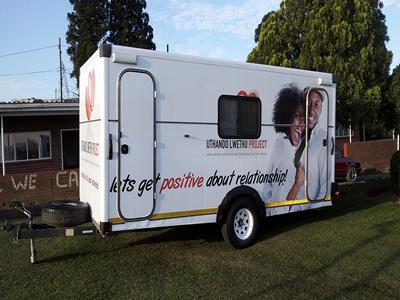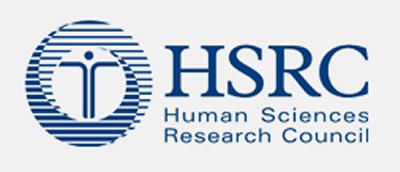Sexually transmitted infections (STIs), especially HIV, are major public health challenges in SSA. Approximately 25.5 million people were living with HIV in the region in 201512. Other STIs, including the four curable STIs (chlamydia, gonorrhoea, syphilis, and trichomoniasis) are also prevalent with important sexual and reproductive health consequences including genital symptoms, pregnancy complications, infertility, and enhanced HIV transmission. However, reliable population estimates of STI prevalence are rare. Clinic data are limited given that the standard of care for STIs is syndromic management i.e. presumptive treatment without the use of laboratory tests. Many estimates of STI prevalence are based on data collected within HIV-prevention research studies, many among women at high-risk of HIV.
Testing and treatment are key aspects of public health responses for HIV and STIs. HIV treatment is now recommended to start as soon as diagnosis is made and therefore regular HIV testing remains crucial to achieving high levels of treatment coverage. In SSA, partner notification and couples counselling and testing are not well developed. The importance of partner notification and treatment is emphasised in STI clinical care but the strategy is passive. HIV testing and treatment programmes continue to be orientated primarily to individuals.

